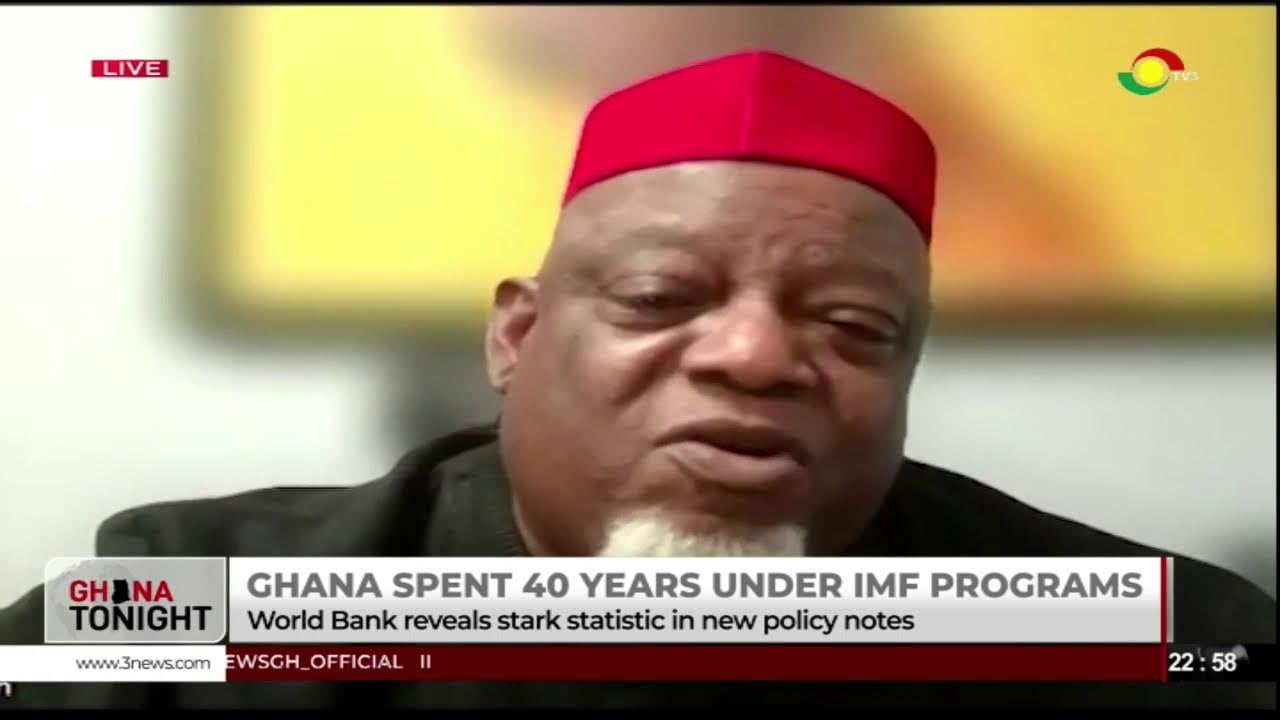
By Joshua Worlasi AMLANU & Ebenezer Chike Adjei NJOKU
The current fiscal framework is inadequate to safeguard the economy from another debt crisis, the World Bank has warned – calling for a sweeping overhaul of public financial management, stricter discipline and stronger revenue measures.
In its latest policy note, ‘Transforming Ghana in a Generation’, the Bank argued that fiscal credibility must be restored through “sustained consolidation” and cautions against a premature return to international capital markets.
“Investors would see such a move as taking the easy way out,” the report stated.
“Maintaining the momentum on fiscal consolidation is the most pressing priority. Government should focus on both spending and revenue measures to meet IMF targets and avoid premature access to the Eurobond market,” the Bank added.
This comes following defaults on external debt in December 2022, following years of fiscal slippage, energy sector losses and chronic revenue shortfalls.
Inflation peaked at 54.1 percent, the cedi depreciated sharply and more than 800,000 people were pushed into poverty. A bailout programme from the International Monetary Fund (IMF), combined with a domestic debt restructuring, has since helped restore macroeconomic stability. By end-2024, inflation had declined to approximately 24 percent and 11.5 percent by end-August 2025.
Despite this progress, the World Bank flags renewed fiscal risks. In 2024, an election year, unbudgeted expenditures amounting to US$4.8billion pushed the fiscal deficit to 7.9 percent of Gross Domestic Product (GDP) – far exceeding government’s target of 4.2 percent. Such deviations, the report noted, reflect the limited effectiveness of the Fiscal Responsibility Act passed in 2018 which was intended to limit the deficit to five percent of GDP.
The Bank recommended a comprehensive revision of Ghana’s fiscal rules. Proposed measures include targetting a primary surplus of at least 1.5 percent of GDP annually and reducing the debt-to-GDP ratio to 45 percent or lower by 2034. It also calls for enhanced parliamentary oversight and the operational independence of the Fiscal Council, which remains largely advisory in its current form.
Revenue mobilisation remains a persistent challenge. Ghana’s tax-to-GDP ratio lags regional peers, constrained by widespread exemptions, poor compliance and a narrow tax base dominated by indirect taxes. The World Bank estimated that VAT exemptions alone cost nearly two percent of GDP each year. The report urged government to enforce the Tax Exemptions Act, broaden the tax base and explore underutilised streams such as property taxes and levies on digital services.
State-owned enterprises continue to impose a significant burden on public finances. The Electricity Company of Ghana (ECG), for example, has accumulated arrears despite annual transfers exceeding one billion US dollars. The Ghana Cocoa Board (COCOBOD), meanwhile, saw its debt rise to US$1.8billion in 2024 – even amid record global cocoa prices.
“The fiscal risks emanating from energy and cocoa SOEs remain significant,” a portion of the report read.
It stressed that reform “cannot be delayed further”. Both ECG and COCOBOD are identified as requiring urgent restructuring to stem financial losses, improve operational performance and curb quasi-fiscal expenditures.
The World Bank’s analysis reiterated the fragility of Ghana’s recovery. While the economy has stabilised following the 2022 default, its underlying fiscal architecture remains vulnerable to shocks and political pressures. Without deeper institutional reforms and stronger enforcement mechanisms, the risk of a return to unsustainable borrowing and future debt distress remains high.
“Ghana has an opportunity to break with the cycle of crisis and consolidation. But it will require discipline, transparency and a renewed commitment to fiscal responsibility,” the report added.
The post Fiscal rules still too weak to prevent another crisis – World Bank appeared first on The Business & Financial Times.
Read Full Story















Facebook
Twitter
Pinterest
Instagram
Google+
YouTube
LinkedIn
RSS